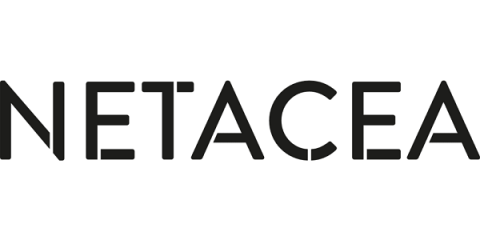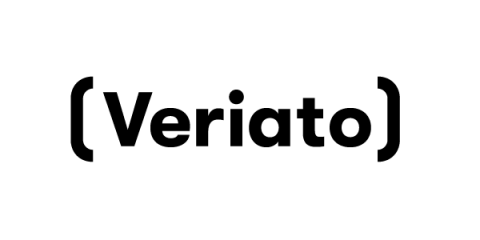Security | Threat Detection | Cyberattacks | DevSecOps | Compliance
%term
What are Authentication Protocols in Cryptography?
Keeping information safe is an ongoing battle and authentication protocols are among our best friends in this fight. Keep reading to learn more! In today’s world, information is one of the most important and valuable assets that an organization can have. That is why keeping sensitive and private information away from prying eyes has the utmost importance. For this purpose, we often employ authentication protocols and cryptography methods.
How Are Bots Affecting Streaming Services?
Recently, it has been reported that Netflix has gained 16 million new sign-ups due to lockdown. This is no surprise with more people than ever being at home as a result of COVID-19. Streaming services are in high demand, this means increased sign-ups, and with more customers signing up, this increases the probability of account takeover attacks and fake account creation. With the current demand being so high for streaming services, we look into the main threats streaming services could face.
Protect Your Business with Digital Forensics Software
The world has been moving toward a fully connected workplace model for years, even prior to COVID-19. Now, understanding your company’s digital presence - and footprint - is more important than ever. Everything you or your employees do online could have lasting consequences for you, your employees, and your brand. Digital forensics provides you with a concrete, analytical way to investigate personnel claims and provide the necessary evidence to properly assess internal issues.
Cyber Armor Expands Opportunities With Red Hat Certified Operator For OpenShift
Keeping kids safe online
As we all know by now, the Internet is an excellent tool for business, learning, and entertainment. Not only is it a tool, but it's also an essential part of our lives. Information, connections, and opportunities at the touch or swipe of a finger. As more and more people go online, the age of the average user becomes lower and lower. What is the responsibility we have to safeguard the wellbeing of those that come after us into this new digital age?
How to meet GDPR Compliance - GDPR requirements & Advice
June 2020 Open Source Security Vulnerabilities Snapshot
It’s time for June’s open source vulnerabilities snapshot, your monthly overview of everything new in the fast-paced world of open source security vulnerabilities. In hopes of giving you this month-at-a-glance summary of current trends in the open source ecosystem, our trusted research team reviewed the new open source security vulnerabilities published in May and collected by the WhiteSource database.
What is LNKR Google Chrome Extension Malware?
LNKR malware uses browser extensions in Googles Chrome to track browsing movements and activities of users and then overlays ads on legitimate websites. Using extensions to add code that executes in a user’s browser is a common and lucrative monetization technique on the internet, where spyware, adware, and other browser-based nuisances have thrived since the early days.











